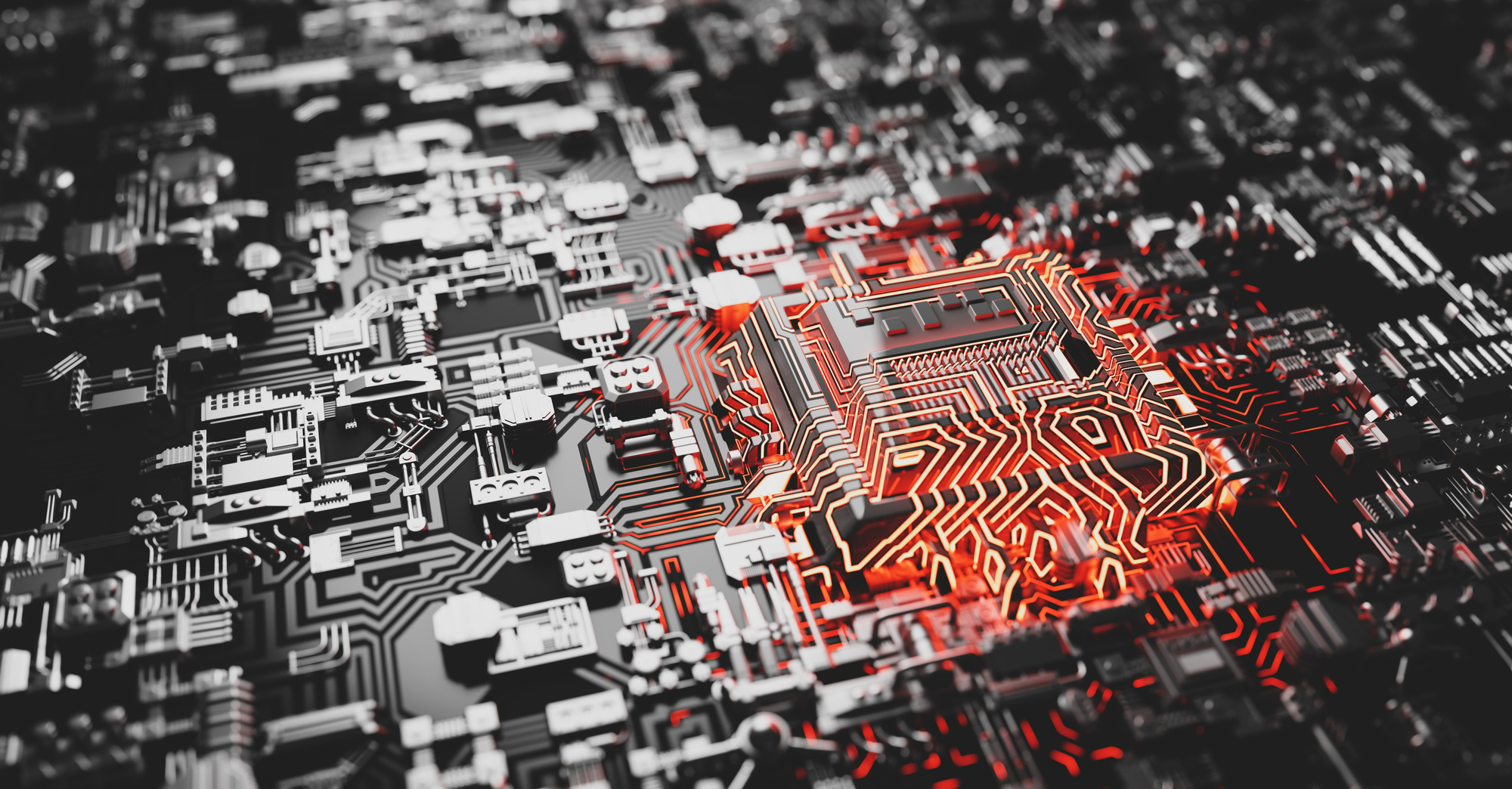Nvidia, a name synonymous with advanced computing, has once again taken center stage in the AI industry. With the escalating demand for artificial intelligence across sectors, Nvidia’s AI chips have become an indispensable cornerstone for innovation, driving breakthroughs in machine learning, large language models, and edge computing. The latest developments from Nvidia highlight not just technical ingenuity but also the shifting dynamics of global competition and collaboration in AI.

Nvidia’s AI Chips: Why They Matter
Nvidia’s dominance in the AI hardware space stems from its unparalleled GPUs (graphics processing units), such as the H100, A100, and the newly announced Blackwell chips. These chips are designed to handle the massive computational workloads required for training and deploying sophisticated AI models. Unlike traditional CPUs, Nvidia’s GPUs excel in parallel processing, making them ideal for tasks like image recognition, natural language processing, and autonomous systems.
Key Features of Nvidia’s Latest Chips
- Higher Computational Power: Nvidia’s chips boast trillions of operations per second, enabling faster model training.
- Energy Efficiency: Despite their power, these chips consume less energy compared to competitors, addressing sustainability concerns.
- Advanced Memory Architecture: Faster data access allows smoother processing of complex algorithms.
- Versatility: Their application ranges from AI model training in data centers to real-time inference in edge devices.

A Surge in Demand and Supply Chain Constraints
The rise of generative AI tools like ChatGPT and MidJourney has skyrocketed the demand for AI chips, leaving companies scrambling to secure their share of Nvidia’s technology. This demand has even led to a global shortage of AI chips, impacting timelines for research, deployment, and innovation across various industries.
Global Competition for Chips
- United States: Companies like OpenAI, Google, and Meta rely heavily on Nvidia’s hardware for their AI projects.
- China: Nvidia’s presence in China faces restrictions due to U.S. export controls, but the company has released modified chips like the A800 to comply with trade regulations.
- Europe and Beyond: Tech firms and academic institutions in Europe are also vying for access to Nvidia’s cutting-edge hardware to avoid falling behind in the AI race.
Nvidia’s Strategic Moves
Nvidia’s success isn’t just about technology; it’s also about its strategic positioning. The company has formed partnerships with leading cloud service providers like Amazon AWS, Microsoft Azure, and Google Cloud. These alliances enable businesses to rent Nvidia’s GPUs through cloud platforms, democratizing access to AI capabilities without requiring massive upfront investment in infrastructure.
Additionally, Nvidia is expanding its focus on software through platforms like CUDA, a parallel computing toolkit. By controlling both the hardware and software ecosystems, Nvidia ensures that developers can maximize the potential of its GPUs, fostering innovation across industries.
Emerging Trends in AI Hardware
Nvidia’s advancements in AI chips are shaping the future of computing:
- AI-Powered Healthcare: Hospitals are leveraging Nvidia’s GPUs for faster diagnostics and personalized medicine.
- Autonomous Vehicles: Nvidia’s DRIVE platform powers real-time decision-making in self-driving cars.
- Robotics and Automation: From manufacturing to agriculture, Nvidia’s chips enable smarter, more adaptable robots.
- Creative Industries: Generative AI tools powered by Nvidia are revolutionizing art, design, and content creation.

Commonly Asked Questions
1. Why are Nvidia’s AI chips considered the best?
Nvidia’s GPUs are optimized for parallel processing, making them ideal for the computational demands of AI. Their energy efficiency, speed, and versatility set them apart from competitors.
2. How do Nvidia’s chips impact global AI innovation?
By providing the necessary hardware to train and deploy advanced AI models, Nvidia plays a critical role in accelerating innovation across industries such as healthcare, autonomous vehicles, and robotics.
3. What challenges does Nvidia face?
Nvidia is grappling with a global supply chain crisis, geopolitical tensions affecting exports to China, and rising competition from companies like AMD, Intel, and startups developing AI-specific hardware.
4. How is Nvidia addressing sustainability concerns?
Nvidia’s newer chips are designed with energy-efficient architectures, reducing the environmental impact of large-scale AI training and deployment.
5. Can startups access Nvidia’s technology?
Yes, through partnerships with cloud providers, Nvidia makes its GPUs accessible to startups and small businesses, eliminating the need for expensive infrastructure investments.
Conclusion
Nvidia’s AI chips are more than just components of technology—they are enablers of a smarter, more connected future. As the demand for AI continues to grow, Nvidia’s innovations will remain at the heart of transformative solutions, shaping industries and driving global progress. However, navigating challenges like supply shortages and geopolitical constraints will be crucial for the company’s sustained leadership in the AI hardware space.
Sources The New York Times


